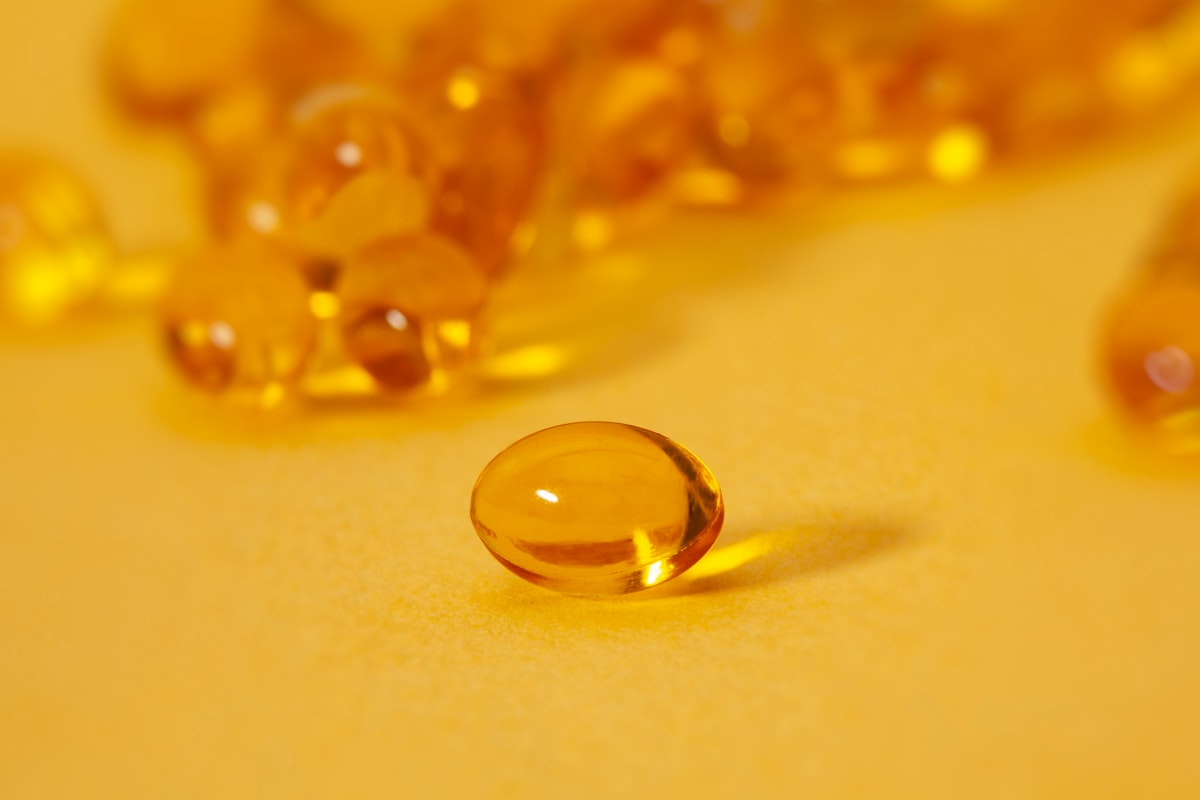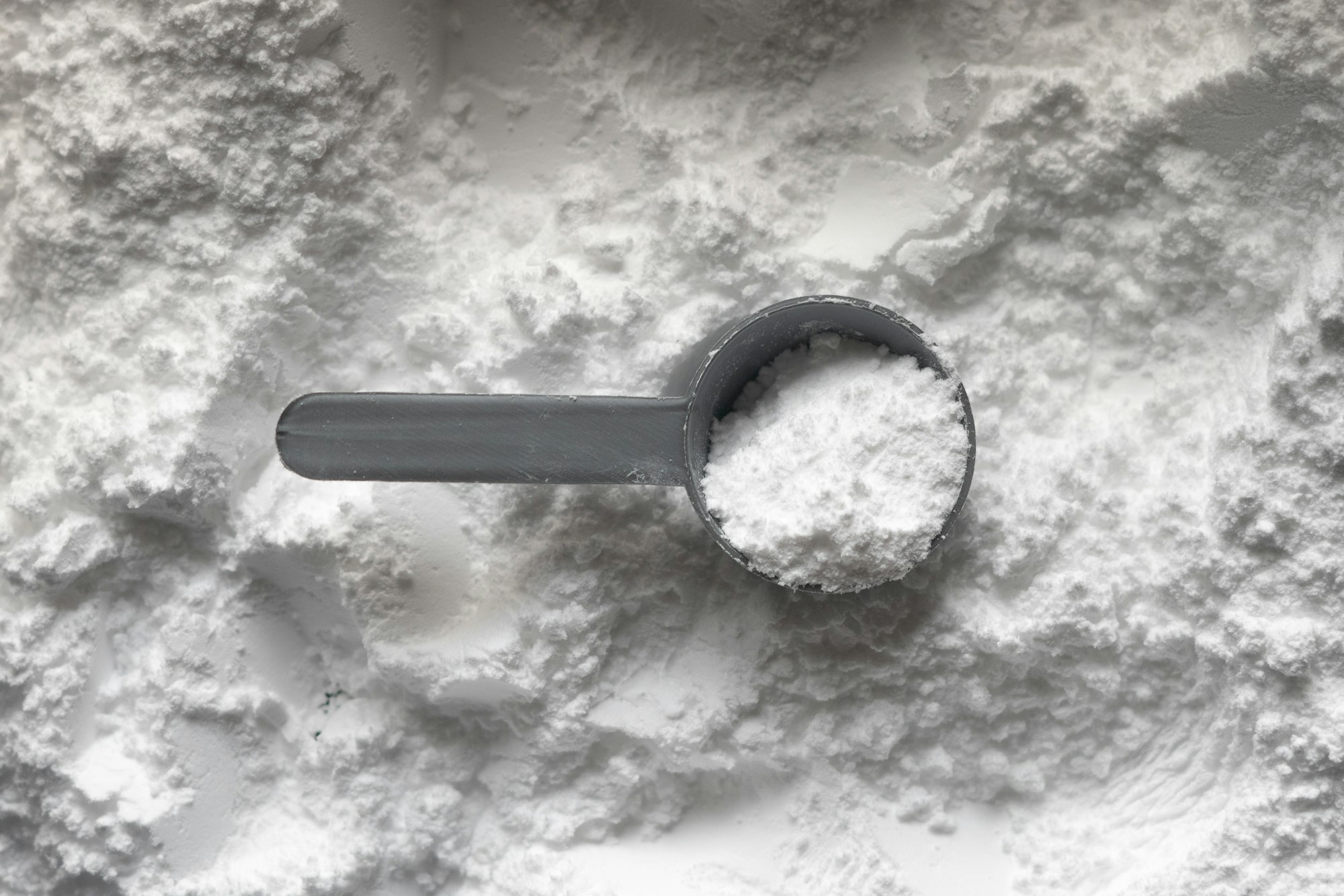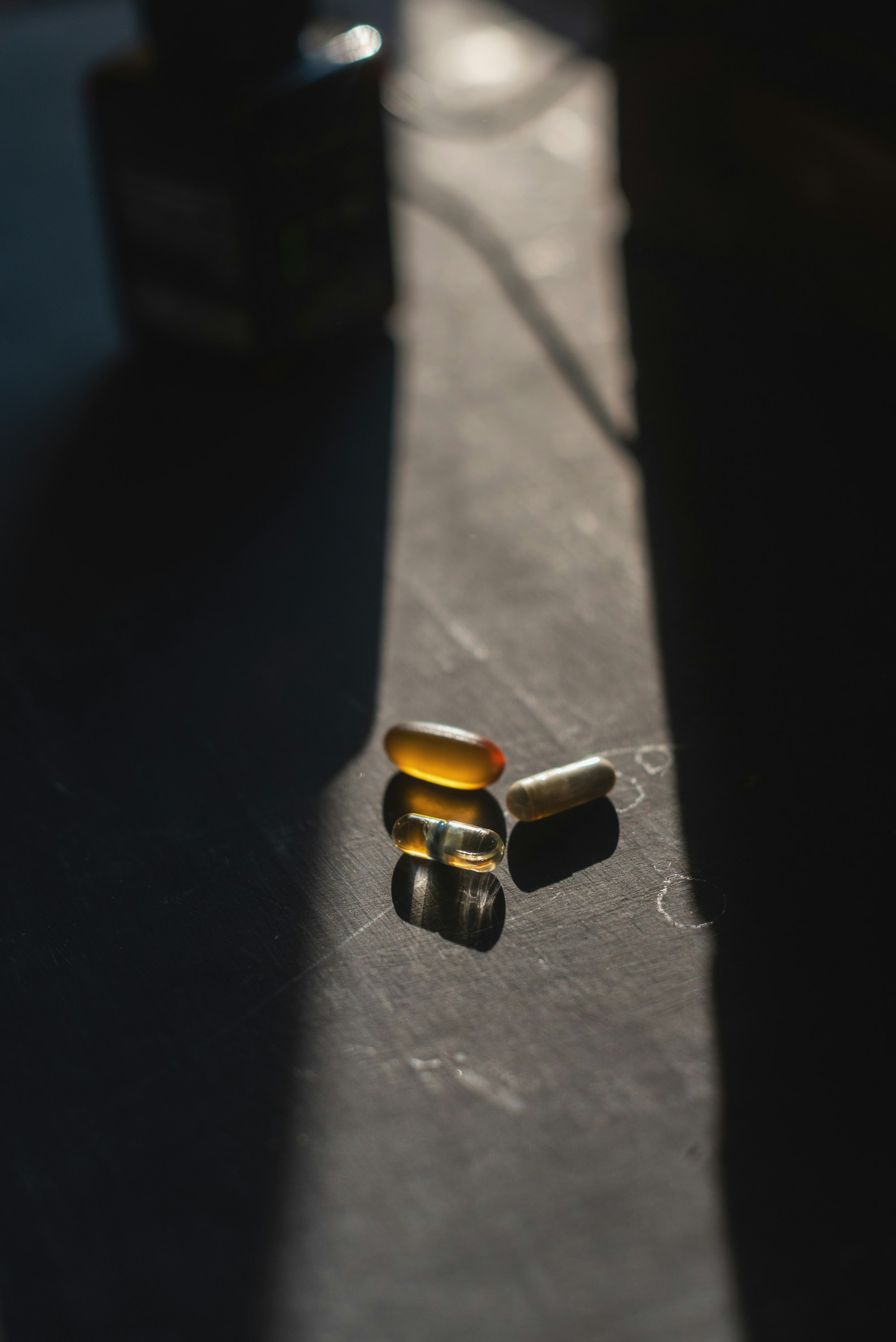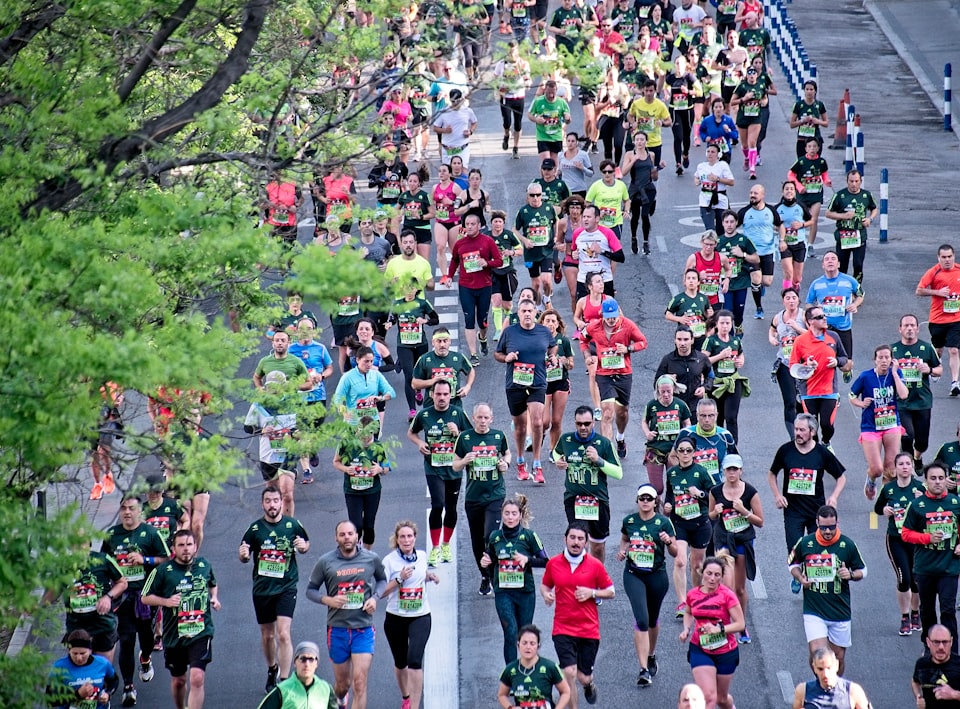4 Supplements That All Runners Should Be Taking

Running is a sport that almost anyone who partakes in it should take a supplement. If you are running outside on 90 degree days or even when it’s below zero, supplementation is vital to make sure that you do not experience any injuries or lack of energy.
In my past, I have neglected to take any particular supplements for running. I used to think that my multivitamin was good enough and even after running 10 miles in 90 degree weather, I didn’t need to do much more than drink water. In the past, I even went as far as making my own electrolyte cocktail with trace minerals and Himalayan salt. It probably wasn’t the best idea, but it was better than nothing.
Now it’s time to take it to the next level. It’s as important for me to take care of myself when I am not running as much as it is when I am. If you experience cramping, fatigue or feel like you have difficulty recovering, keep reading.

Magnesium
According to this study, about 27% of today's youth is deficient in magnesium. There are otherstudies that show that more than 48% of the population are not getting a sufficient amount of magnesium daily.
Magnesium has more than 300 biochemical functions in the body, including making vitamin D more effective in the body. It’s critical to have sufficient amounts of magnesium. There are theories out there that soil depletion and dietary changes are some reasons why people have become more deficient in magnesium over the years. Either way, it is probably a safe bet that you should supplement with magnesium.
If you’ve been a runner long enough, you most likely experienced some form of cramping. Magnesium can help alleviate some of those muscle cramps. I’ve even used topical magnesium in the past if there is an area that is a little extra tender.
I would recommend taking magnesium in the evenings closer to bedtime since it does tend to have a relaxing effect on the body. Be careful not to take too much or on a empty stomach. When I have done that in the past, it has led to a rush to the toilet since minerals can flush water out of you.
Recommended Daily Dose
- 200mg of Thorne Bisglycinate
Not affiliated with Thorne, this is the product that I have taken in the past that has worked for me.
Calcium
Runners need to have calcium. With 99% of calcium being stored in the bones it’s a key mineral to building bone strength. If you do not get adequate levels of calcium, then you are running a risk of developing stress fractures or have broken bones. Especially if you are running more than 20-30 miles a week.
Calcium does more than build strong bones. It also helps send neurological signals in the body, keep your heart beat normal and squeezes and relaxes muscles. Calcium is a mineral that is often forgotten about with all the new trendy supplements out there. Women tend to think about calcium supplementation more than men due to the higher risk of osteoporosis.
If you do start supplementing with calcium or choose a multivitamin with calcium, try to make sure it also has vitamin K2 in it. Vitamin K2 will help keep the calcium in your bones and out of your soft tissues. Since one of calciums functions is blood clotting, overdoing it can increase cardiovascular risks.
Recommended Daily Dose
- 1000mg is the recommended daily dosage for calcium. See if you have any gaps in your diet and would need to supplement.
Personally, I don’t supplement with calcium since I eat a lot of seafood, leafy greens, cheese, and nuts daily. If you feel that you have gaps in your diet, look into supplementation.
If you are looking for a calcium supplement, look for calcium citrate instead of calcium carbonate. It may be pricier but calcium citrate is more absorbable than calcium carbonate.

Zinc
Zinc is another mineral that is important for runners. Not only will it help your immune system and keep you healthy, it also has more than 300 functions in the body. One of those functions is helping the body heal faster.
Zinc plays a significant role in testosterone production for men. That’s to go without saying the essential roles that it plays for women as well. Studies are showing that zinc helps menstrual painand plays a significant role in regulating hormones.
Shellfish, seeds, and meat are all great foods to start with if you need more zinc in your diet. I usually throw in some pumpkin seeds into my lunch salad to help keep my dietary zinc up along with a supplement.
Recommended Daily Dose
- 15mg of Thorne Zinc Picolinate
Omega 3s
Omega 3s have received a lot of rage over the years, and that is not without good cause. Omega 3 supplementation has been shown to help athletes recover faster. This is probably due to the aid it has on inflammation. We should try to aim for a 4:1 omega 6 to 3 ratio but the typical western diet today is about 16:1! No wonder that so many people have issues with recovery and feel inflammation all the time.
As important as it is to increase your omega 3 intake, you should also try to reduce your omega 6 intake. It can be difficult since food labels don’t have an omega 6 count on them, but one tip that you can do is to basically eliminate all seed oils from your diet. That means cutting out canola oil, peanut oil, rice bran oil, sunflower oil, etc. This can be a challenge for many people because almost every processed food that is in the store contains some form of a seed oil but try it out for a month and see how you feel.
With supplementing with fish oil or an algae oil (as a vegan version) finding quality is vital. Since omega 3s are prone to oxidation, you need to find a quality fish oil. I trust brands like Nordic Naturals or Carlson Labs.
Usually, I can tell if the fish oil supplement is quality after I take it. If I take a fish oil and feel more inflammation after taking it, then it probably is an oxidized fish oil. I don’t have science to back that up but I am going with how my body feels. With anything, you should trust how your body feels.
Recommended Daily Dosage:
- Aim for about 500mg of DHA and 500mg of EPA per day from a trusted source.
Conclusion
Supplements are only a piece to the puzzle for making yourself healthier. There is no supplement that can replace a bad diet. Supplements should only fill the gaps that you are missing on your daily diet.
Typically, when I am taking supplements and eating healthy, I consider it to be I am running up the score on my health. Not only do I have all the boxes checked on my day-to-day eating, but I am also making sure that all the gaps are filled with whatever I am taking.




